Sri Ramprasad (1723-1803), the melodious mystic of Bengal, belong to the wonderful galaxy of Indian mystic whose approach to the Divine found expression and consummation in songs and melodies which form a part of the spiritual heritage of India. In this group are to be counted, among others, saints such as Tukaram, Namadev, Tulsidas, Mirabai, Surdas, Jaydev, Chandidas, Vidyapati of North India and Sri Purandaradas, Sri Tyagaraja, Shyama Sastri, Muthuswami Dikshitar and Ramalinga Swamigal of South India. People of South India will b interested to know that Ramprasad was a senior contemporary of the celebrated three South Indian mystics-Sri Tyagaraja, Shyama Sastri, Muthuswami Dikshitar. And it is not surmising that these melodies mystics sometimes sang alike, theirs being after all the same urge-the devotee’s longing for the Deity, the finite’s hunger for the Infinite, the soul’s yearning for the Oversoul. To the devotee of Sri Ramakrishna, Ramprasad has a special appeal, for the songs of Ramprasad, the Kali-worshipper, were an abiding inspiration in Sri Ramakrishna’s life. In the days of his sadhana, Sri Ramakrishna used to sing the songs of saint like Ramprasad before the image of the Divine Mother as a part of his daily worship. The readers of the Gospel of Sri Ramakrishna know how often the Master would rise to his feet singing a song of Ramprasad and go into samadhi. The language, mood, bhava, imagery and humour of Ramprasad’s song suited Sri Ramakrishna’s spiritual temper so well that he remained a lifelong singer of Ramprasad’s songs. On his lips these songs, which had been composed about a century earlier, became charged with an added spiritual power, incidentally revealing the author of those songs in the fullness of his glorious spiritual statues. Ramprasad’s life is not very widely known outside Bengal. It can be a great source of inspiration to all earnest sadhkas, especially worshippers of the Divine Mother. Hence, the knowledge of his life deserves to be propagated in all the languages of India. For the material of this book the writer has mainly depended on Sadhak Ramprasad by Swami Vamadevananda, in Bengali, published by Udbodhan Office, Calcutta. The renderings of the songs of Ramprasad found asterisked are quoted from the Gospel of Sri Ramakrishna, translated by Swami Nikhilananda, published by Sri Ramakrishna Math, Madras. This small book is not claimed to be an exhaustive biography of Ramprasad. An attempt, however, has been made here to portray the inner moods, the beauty and grandeur of his soul. And I thankfully acknowledgement that in this attempt Biswaranjan Chakraborty’s sketches have significantly enriched andSri Ramprasad (1723-1803), the melodious mystic of Bengal, belong to the wonderful galaxy of Indian mystic whose approach to the Divine found expression and consummation in songs and melodies which form a part of the spiritual heritage of India. In this group are to be counted, among others, saints such as Tukaram, Namadev, Tulsidas, Mirabai, Surdas, Jaydev, Chandidas, Vidyapati of North India and Sri Purandaradas, Sri Tyagaraja, Shyama Sastri, Muthuswami Dikshitar and Ramalinga Swamigal of South India. People of South India will b interested to know that Ramprasad was a senior contemporary of the celebrated three South Indian mystics-Sri Tyagaraja, Shyama Sastri, Muthuswami Dikshitar. And it is not surmising that these melodies mystics sometimes sang alike, theirs being after all the same urge-the devotee’s longing for the Deity, the finite’s hunger for the Infinite, the soul’s yearning for the Oversoul. To the devotee of Sri Ramakrishna, Ramprasad has a special appeal, for the songs of Ramprasad, the Kali-worshipper, were an abiding inspiration in Sri Ramakrishna’s life. In the days of his sadhana, Sri Ramakrishna used to sing the songs of saint like Ramprasad before the image of the Divine Mother as a part of his daily worship. The readers of the Gospel of Sri Ramakrishna know how often the Master would rise to his feet singing a song of Ramprasad and go into samadhi. The language, mood, bhava, imagery and humour of Ramprasad’s song suited Sri Ramakrishna’s spiritual temper so well that he remained a lifelong singer of Ramprasad’s songs. On his lips these songs, which had been composed about a century earlier, became charged with an added spiritual power, incidentally revealing the author of those songs in the fullness of his glorious spiritual statues. Ramprasad’s life is not very widely known outside Bengal. It can be a great source of inspiration to all earnest sadhkas, especially worshippers of the Divine Mother. Hence, the knowledge of his life deserves to be propagated in all the languages of India. For the material of this book the writer has mainly depended on Sadhak Ramprasad by Swami Vamadevananda, in Bengali, published by Udbodhan Office, Calcutta. The renderings of the songs of Ramprasad found asterisked are quoted from the Gospel of Sri Ramakrishna, translated by Swami Nikhilananda, published by Sri Ramakrishna Math, Madras. This small book is not claimed to be an exhaustive biography of Ramprasad. An attempt, however, has been made here to portray the inner moods, the beauty and grandeur of his soul. And I thankfully acknowledgement that in this attempt Biswaranjan Chakraborty’s sketches have significantly enriched and enlivened the publication
Ramprasad the Melodious Mystic
In stock
Free & Quick Delivery Worldwide
reviews
Bibliographic information
Title
Ramprasad the Melodious Mystic
Author
Edition
1st ed.
Publisher
Length
81p., 17cm.
Subjects

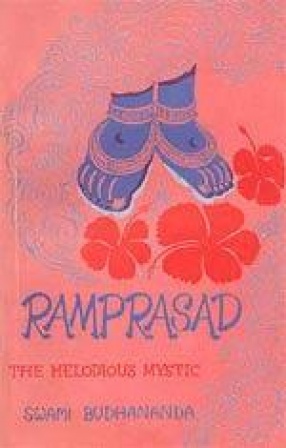
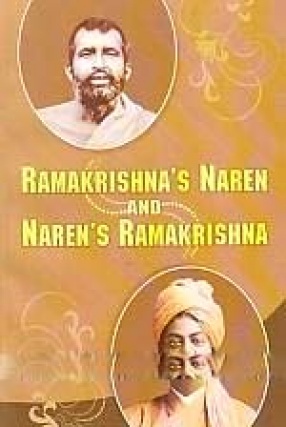
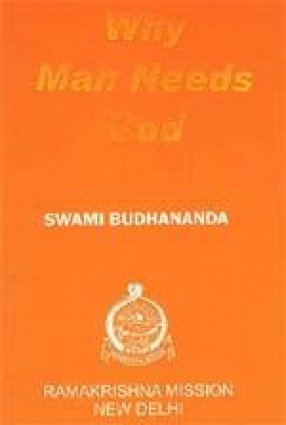
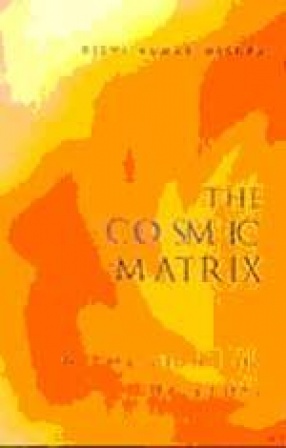
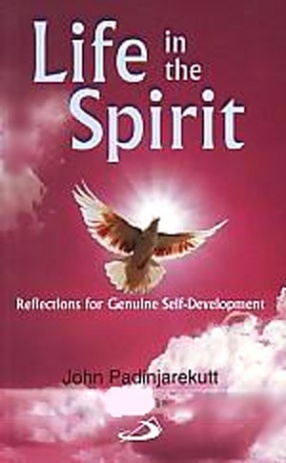
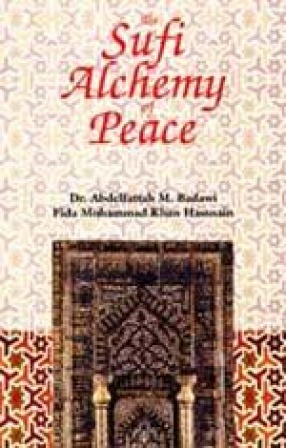
There are no reviews yet.